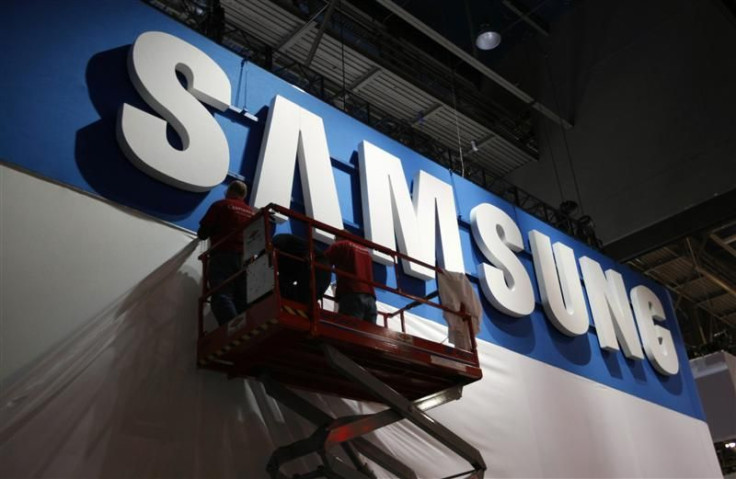CES 2012 -- Danger Signals for U.S. Competitiveness

Now that 153,000 people have exhausted themselves at the 2012 International Consumer Electronics Show in Las Vegas, an American visitor can't help thinking that the future of electronics is in Asia, not California's Silicon Valley or Texas.
True, a lot of the new laptops and tablets shown, even by foreign players like Lenovo Group of China and AsusTek of Taiwan, are powered by Intel chips. And just about all their operating systems are from Microsoft.
That could be a reason why Paul Otellini and Steve Ballmer, the U.S. companies' respective CEOs, were invited to give keynotes and pay for big floor exhibits.
Even as they showed off products that appear to be more Apple-like (recall that in its mobile products, Apple, the world's biggest chip consumer, is the top customer of Britain's ARM Holdings), they made a case for U.S. ingenuity.
True, Ford Motor made a big deal of its electric Ford Fusion 2013 model, but Panasonic featured a prototype electric and hybrid car that can be recharged wirelessly. Korean rivals like Kia showed off their competing models. So did Germany's BMW and Daimler Benz.
Probably a more interesting experience was wandering among the booths of the hundreds of Asian no name companies that showed off new tablets priced as low as $86, stylus writers that can correctly handle cursive Roman (if not Chinese) characters, solar Kindle chargers and so on.
Meanwhile, at a consumer electronics show, while Whirlpool showed off new appliances that are more intelligent and green than ever, General Electric was a no-show. But the floor featured huge exhibits from Samsung Electronics (now the No. 1 U.S. seller of refrigerators) and Haier of China, with spanking new appliances.
True, as Consumer Electronics Association CEO Gary Shapiro told International Business Times, many of the chips embedded in the new products are American-made. But it's hard to believe that Samsung, Panasonic, Sony and some of the other Asian giants aren't using their own manufactured components.
Market researchers at Gartner reported Samsung became the world's No. 2 chipmaker last year; while the company is building U.S. factories and its Korean rival Hynix is also doing so, the jobs created by the electronics industry that is estimated to post $1.04 trillion in 2012 sales won't necessarily be American.
At a panel, Xerox CEO Ursula Burns, a mechanical engineer, decried the status of U.S. education at all levels, warning that technology needs to be cool to attract children willing to do the extra work for math and science. Burns also warned that too many foreign students are completing U.S. university degrees at undergraduate and graduate levels, then returning home.
If this were 1982, those students would have stayed here to found companies like Yahoo, Nvidia, Marvell Technologies and more; now they have jobs waiting at Taiwan Semiconductor Manufacturing or Lenovo or Alibaba or Baidu. Or they can start a company in Shanghai, Guangdong or Shenzen and sell to foreign or Chinese customers.
China will surpass 1 billion mobile connections in 2012, predicted Qualcomm CEO Paul Jacobs, who would like to see his company's chips in as many devices as possible. The market is attractive to Western suppliers, of course, but surely it's conceivable that within a few years there will be Chinese rivals to Qualcomm, Intel, Texas Instruments and AMD.
Free trade and encouragement of foreign study probably means there is little to be done to reverse this trend. The harbinger of the Asian rise was more than 20 years ago, when Intel, Advanced Micro Devices, Texas Instruments and Motorola all abandoned the memory chip business, leaving the U.S. market to Micron Technology.
Technology is universal, though, and its benefits, especially the chip revolution and the Internet, benefit everyone.
© Copyright IBTimes 2024. All rights reserved.






















